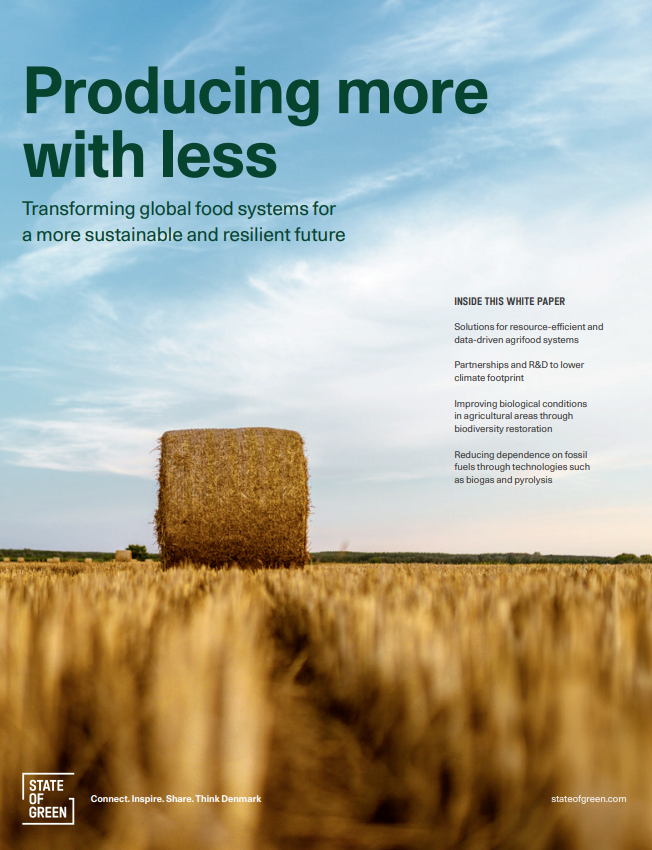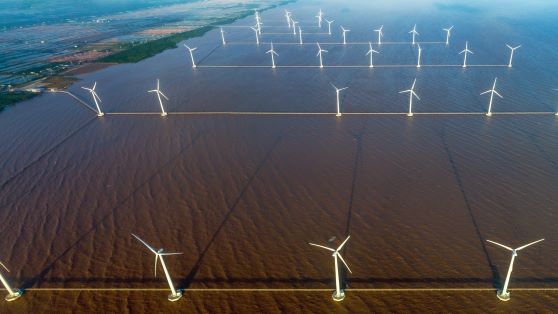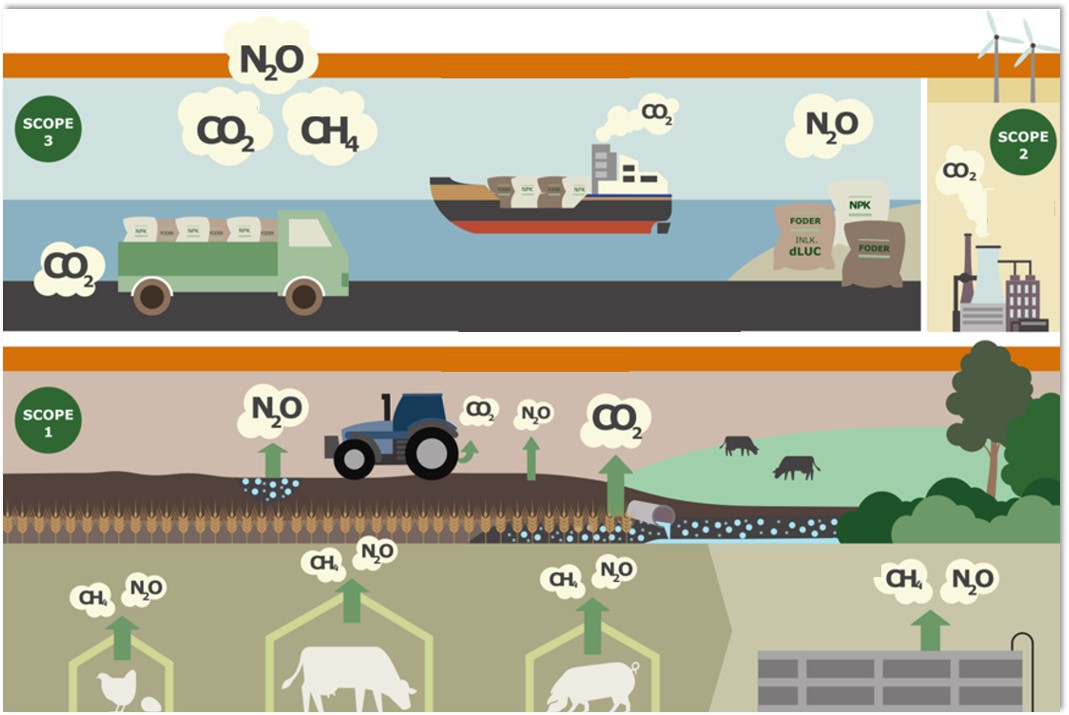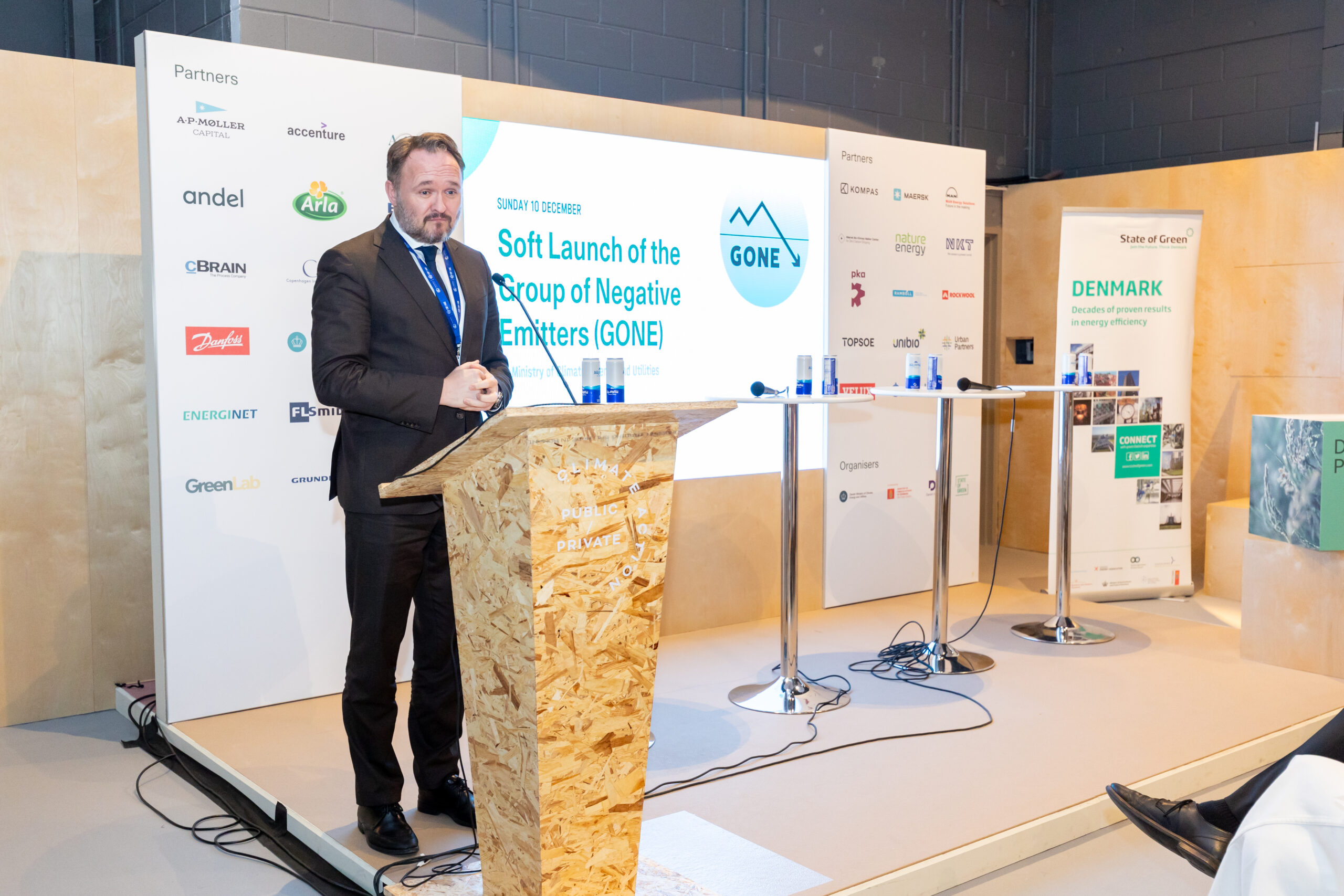News
Biomass
New Report Unveils a Massive Biomass Production Potential


The report called “The ten-million-tonne plan” is published by the University of Copenhagen and Aarhus University, and shows how we can increase the Danish production of biomass from agriculture and forestry by 10 million tonnes per year without affecting the current production of feed and food.
Learn more about biomass solutions and products on www.stateofgreen.com
Taking environmental concerns
The plan also shows how we can substantially reduce the environmental impact compared with current levels.
"It sounds too good to be true, but it is quite realistic. By concentrating on a number of areas we can in practice double plant production and improve the utilisation of existing resources so there is enough both for food and feed production and for an additional 10 million tonnes of biomass in 2020," says Morten Gylling, senior advisor at the Faculty of Science, University of Copenhagen.
The report contains a number of specific subelements that combined provide a solution for how we can use sustainable biology and technology to get an additional 10 million tonnes of biomass a year by 2020 without incorporating more agricultural land.
New biorefinery sector possible
The increased production of biomass means that it would be possible to establish a biorefinery sector in Denmark – a sector that is crucial for the establishment of a green growth economy in Denmark.
"A future Danish biorefinery sector would create around new 20,000 jobs in production and industry, primarily in the provinces," says Professor Claus Felby from University of Copenhagen and continues:
10 million tonnes of biomass actually corresponds to 20 % of our current consumption of natural gas and to 30-50 % of our consumption of petroleum and diesel. To this should be added a significantly higher feed production that to a large extent will be able to replace what we currently import from countries such as South America," says Claus Felby.
Biomass venture reduces impact on environment
The results of the report also show that the aquatic environment will improve with a focus on biomass. The loss of nitrogen from farmland can be reduced by more than 20,000 tones:
"A focus on biomass production alone will help meet our obligations in the EU Water Framework Directive, which is one of the most important tasks of Natur og Landbrugskommissionen (Agriculture and Nature Council) at the moment. It is particularly a better utilisation of animal manure that will help us to significantly reduce nitrate leaching," emphasises Morten Gylling.
The project is part of the collaboration between University of Copenhagen, Aarhus University and DONGEnergy set up in December 2011 to help launch special initiatives within research and education in green energy.
Source: www.hveiti.dk
You should consider reading
publications
Resource efficient production
+15















